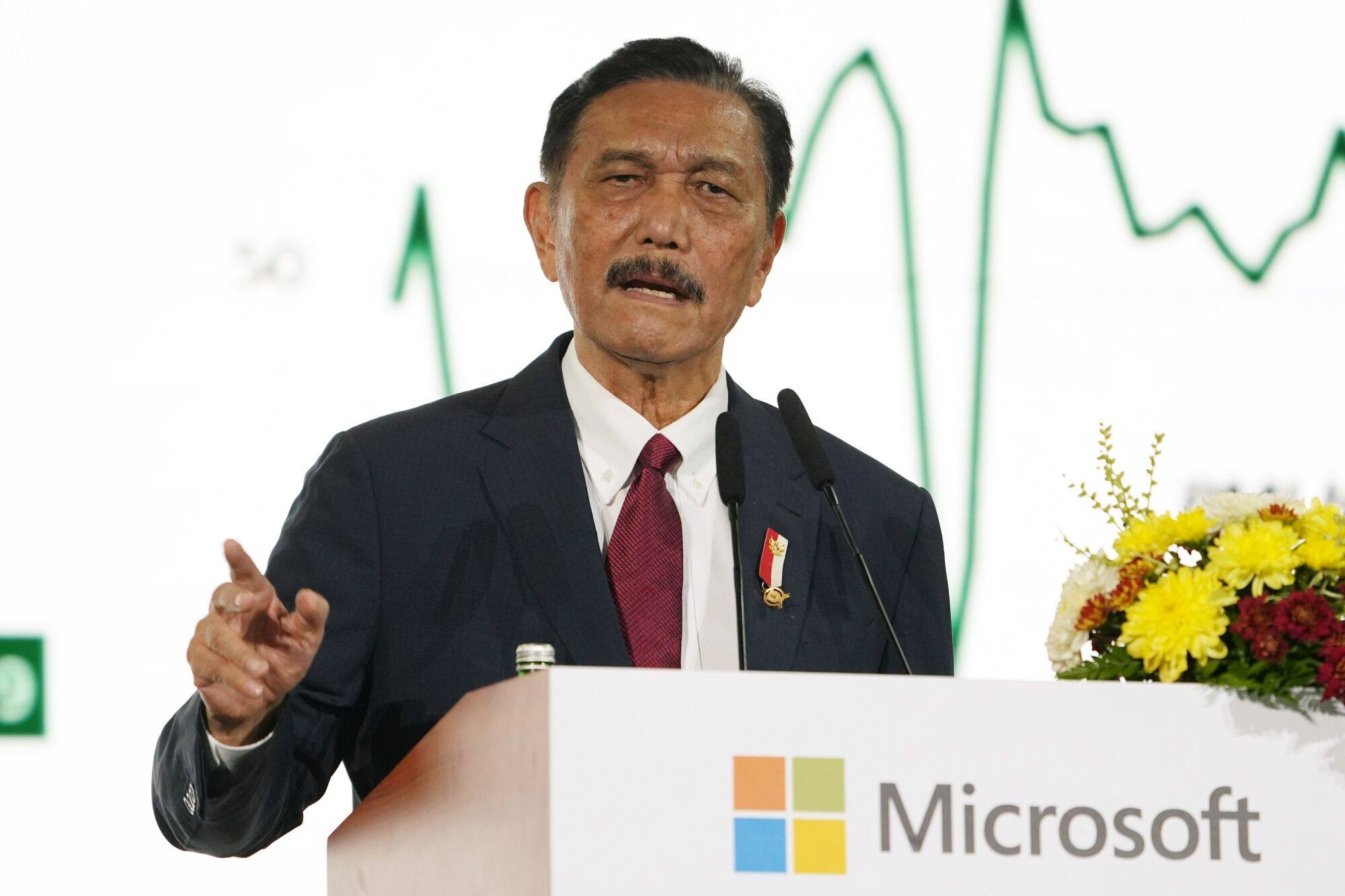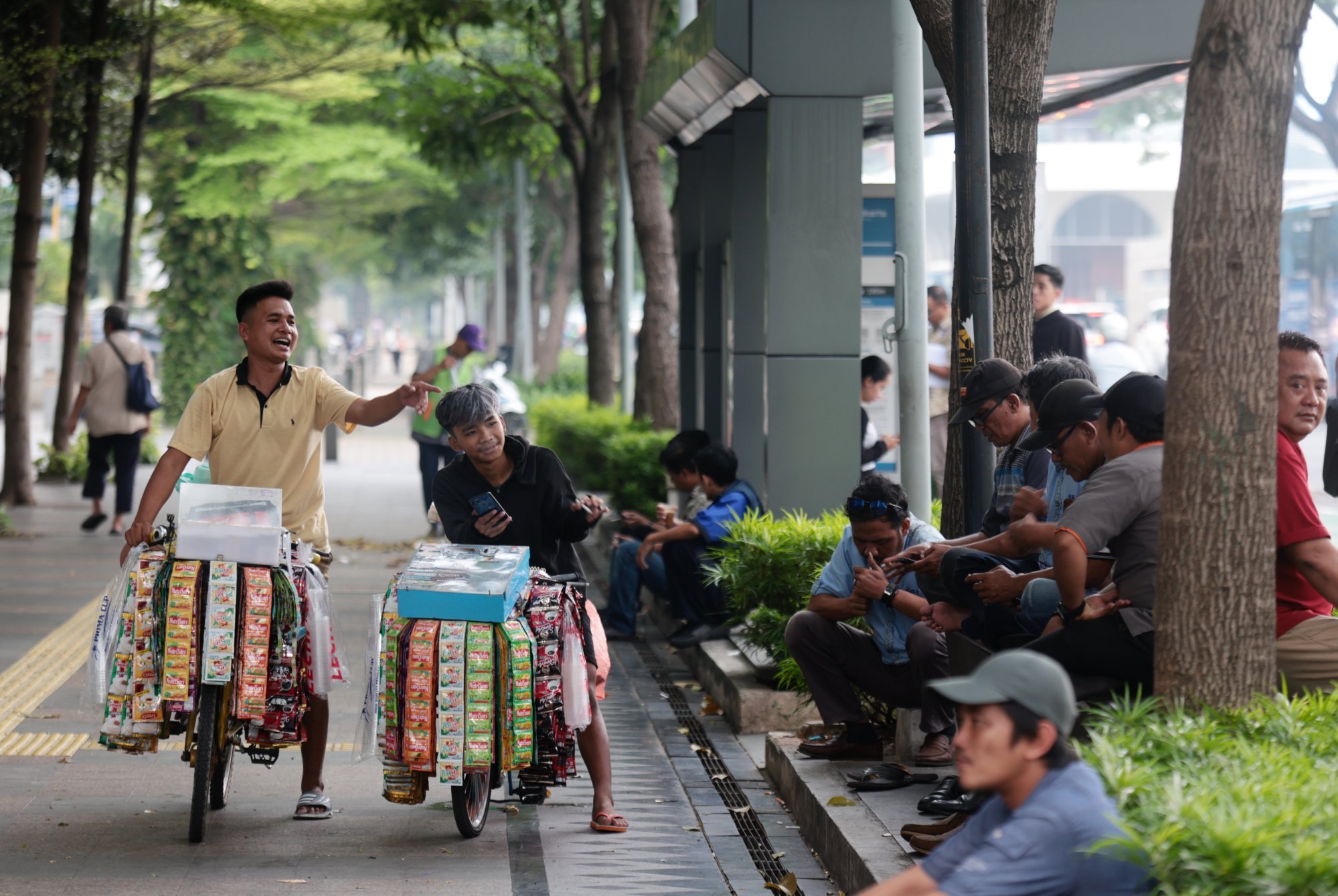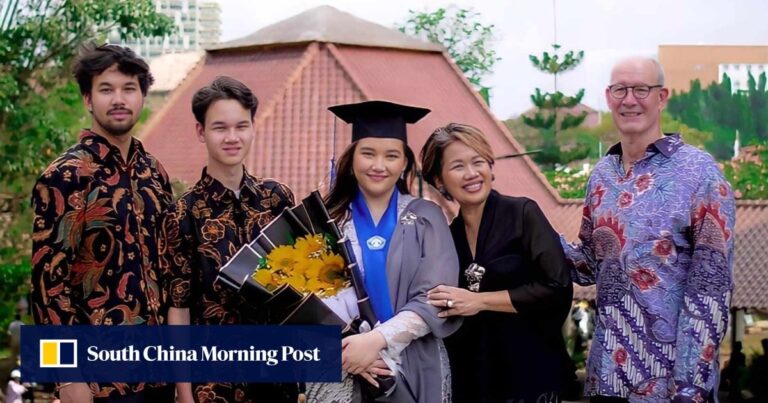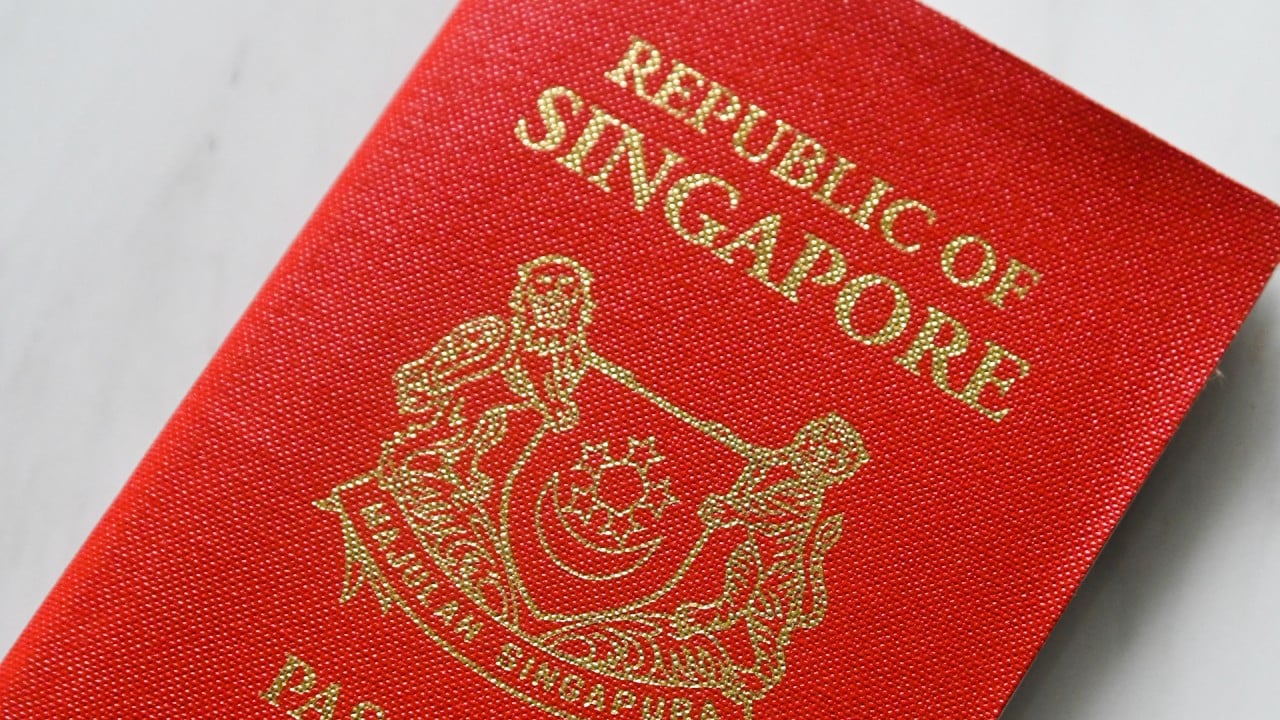Indonesia does not allow adults to hold dual citizenship, and children of interracial marriages must decide on their citizenship when they turn 21.

However, Indonesia’s Coordinating Maritime and Investment Minister Luhut Pandjaitan said the government was working on amending the law.
“We will soon welcome the Indonesian diaspora by granting them dual citizenship. [diaspora] Fulfilling the requirements to obtain Indonesian citizenship.In my opinion, it will really help the Indonesian economy and also bring in highly skilled Indonesians. [diaspora] I’m going back to Indonesia,” Luhut said at an event attended by Microsoft CEO Satya Nadella in Jakarta on April 30.
However, he did not provide a specific timeline or details about the potential changes to the law, and nothing has been announced since.
The statement by Luhut, who is also known as President Joko Widodo’s right-hand man, sparked hope among people in the diaspora, especially those who have campaigned for years for the country to “move forward” towards adopting the principle of dual citizenship.
Lawmakers have expressed mixed opinions on the idea. Golkar Party lawmaker Cristina Aryani supported the proposal, saying dual citizenship would prevent a brain drain of talented people from the diaspora who could become permanent residents of other countries.
“Although further research is still needed, the contribution of the dual national diaspora to economic growth is also likely to increase, including through investment, as is happening in some countries that have introduced dual nationality. ” Christina said earlier this month. .
He also said that the proposed amendments to the Citizenship Act 2006 had been included in the National Legislative Procedure Paper for the period 2019-2024, but that “political will is needed” for the draft amendments to actually be considered in Parliament. He pointed out that.
However, some urged Jakarta to be cautious as other laws may need to be amended to accommodate the influx of diaspora.
“We talked to our friends in the overseas diaspora and found that they were more than just entrepreneurs. Some were poor and unemployed, so we have to think about that. Diaspora If people can obtain dual citizenship, then not only people who run businesses, but all members of the diaspora should be able to obtain dual citizenship,” said Tubagas Hasanuddin, a lawmaker from the ruling Indonesian Democratic Party for Struggle.
Meanwhile, Fadli Dzong, a lawmaker from President-elect Prabowo Subianto’s party Gerindra, criticized the idea of dual citizenship, saying the diaspora should be given “special access” instead.
“We also need to compare it to other countries, countries with large populations such as India and China. They have not introduced dual citizenship, but they do offer special access to the diaspora.” Fadli, who is also one of Prabowo’s advisers, said earlier this month.
Kevin O’Rourke, author of the Indonesia-focused newsletter Reformasi Weekly, wrote in one of his newsletters that Fadli’s comments were “very likely a reflection of Prabowo’s tendencies. “and thus perhaps dooming Indonesia’s chances.” [Luhut] Fulfilling his promise to legalize dual citizenship. ”

Partial nationality?
Hikmahant Jwana, a professor of international law at the University of Indonesia, suggested the government could give diaspora “lifetime visas” instead of dual citizenship.
“We need to consider all the issues that may arise from dual nationality. For example, when it comes to taxes, does dual citizenship allow for tax evasion? Nationality holders may also be freed from the traps of law enforcement authorities because they have another nationality,” Hikmahant said.
Engi Holt, who lives in the UK, said Indonesia suffers from “leakage” every time children of interracial marriages renounce their Indonesian citizenship.
She urged the government to adopt the principle of “once an Indonesian, stay an Indonesian” and suggested that Jakarta adopt the concept of “bloodline” instead of the current place of birth rule. . This change also eliminates the need for children of mixed marriages to choose citizenship.
The 57-year-old mother of three has lived in Bristol for 16 years and all of her adult sons have chosen British citizenship. Engi says a British passport has enabled one of her sons to become a digital nomad, able to live and work anywhere.
“I will keep my Indonesian passport forever, even though I need to get a visa everywhere I go. The process of getting a visa here can take several weeks,” said the Jakarta-based Engi, who is also a member of the supervisory board of the Indonesian Mixed Marriage Association (Perka), said.
“It’s still difficult to let go of my Indonesian passport. It’s part of my identity. I think people in the diaspora have long discussions in their minds before giving up their citizenship. It’s not that easy. Not.”
Engi said if the Indonesian government could strengthen the power of the country’s passport, there would be no need for dual citizenship. The country’s passport currently grants visa-free access to only 78 countries, ranking it 67th out of 199 countries in the latest Henley Passport Index.
“I don’t think dual citizenship matters if our passports are strong, except for children of mixed marriages who already have Indonesian blood in their veins. [understanding of the] Indonesian culture has always been very strong. There are many avenues that need to be considered first before entering into the discussion of dual citizenship,” Engi said.
Perka board president Lulita Angreinni said the government could also consider imposing restrictions on the diaspora, such as preventing them from becoming members of the “military military, civil servants, presidential candidates, and chairman of strategic state-owned enterprises.” said it should.
Lurita, who lives in Jakarta and is married to an American, chose Indonesian passports for her two older children, but her youngest child will have to choose between becoming an Indonesian or US citizen by 2027. He said there is.
“every time [children] I want to choose [between two nationalities], there is always an inner conflict. When my children chose Indonesia, they said to their father, “Sorry, Dad, I had to choose Indonesia.”Previous discussions are long, can take up to a year, and are difficult [one],” she said.


